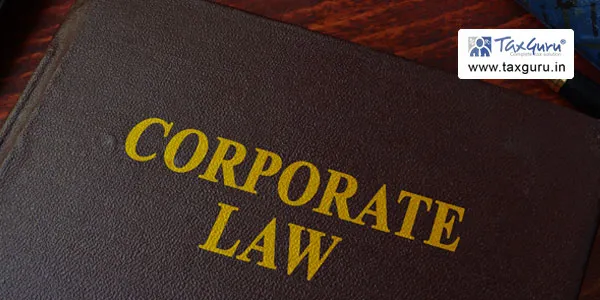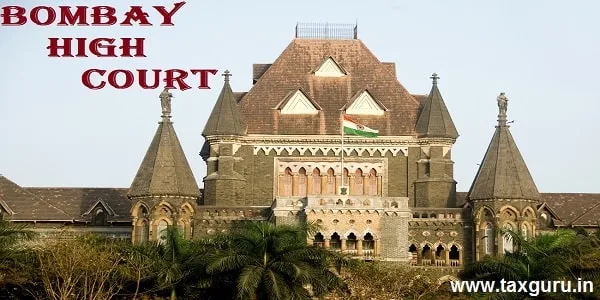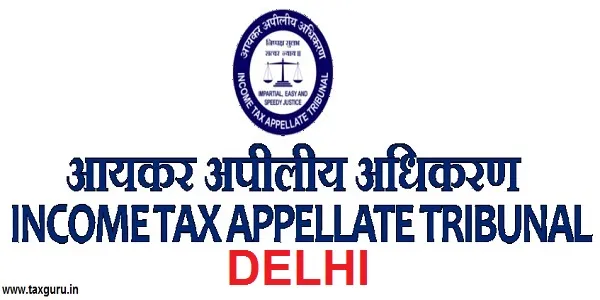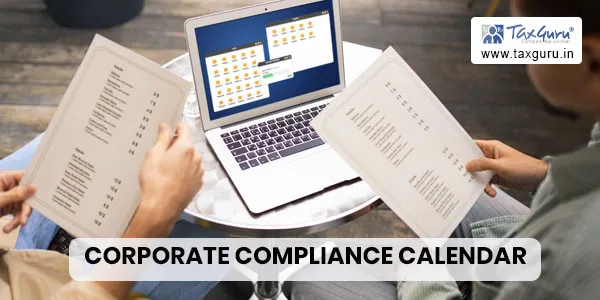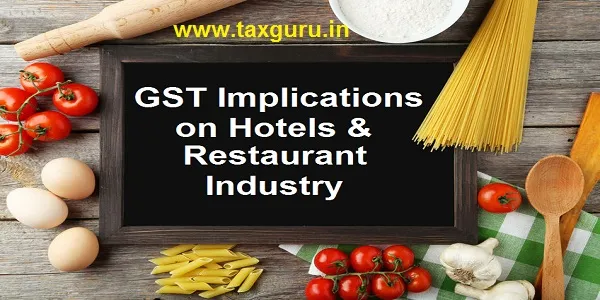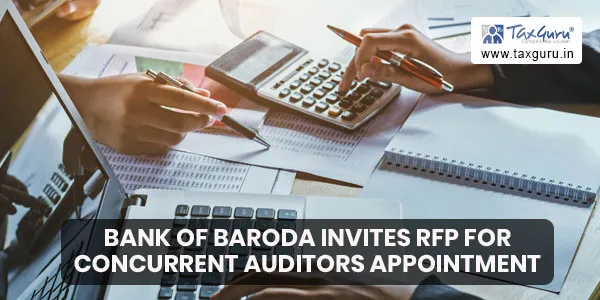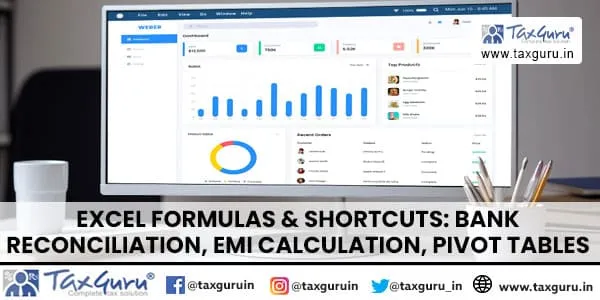Case Law Details
Vandana Global Ltd. Vs Commissioner of Central Excise and Service Tax (CESTAT Delhi)
Whether for the electricity generated by the appellants for captive consumption, some part whereof has been sold to state electricity body, the appellants are not liable to take the credit on such amount of electricity as has been sold out.
It is required to adjudicate as to whether the electricity is an exempted good to cover the case of the appellants within the scope of Rule 6 of CCR, 2004.
In the present case, Cenvat credit has been taken on the inputs used, however, suo moto proportionately reversed for the electricity which has been sold out. Further, I observe the Rule 6 of CCR, 2004 gives three separate options to the assessee as mentioned under sub rule (1), (2) and (3) thereof and to exercise any one of these options is the prerogative of assessee. The department cannot compel the assessee to opt for a particular option. Further, w.e.f. 01.04.2008 Rule 6 (3A) has been introduced, according to which the assessee is eligible to reverse proportionate credit on inputs and input services used in manufacture of exempted goods. Instead of reversal at the rate of 10% / 5% as prescribed by Rule 6 (3) of CCR, 2004 apparently and admittedly the said reversal has already been made. The excess amount of duty over and above the amount of Rs.10,19,252/-, department has confirmed the duty while adding the value of electricity as was generated from scrap as that of Windmill, Fly Ash etc., as already mentioned above. The case of Gularia Chini Mills (Supra) has already settled that electricity generated out of waste, provisions of Rule 6 (3) of CCR, 2004 are not applicable. The said decision has been followed by this Tribunal in DSM Sugar Mills Limited (supra) case. I find no reason to differ from these decisions. Accordingly, it is held that Commissioner (Appeals) has laid wrong emphasis on the decisions as mentioned in the order under challenge.

FULL TEXT OF THE CESTAT DELHI ORDER
The appellants in the present case are engaged in the manufacture of Sponge Iron, Ingot, Billet, Silico Manganese etc. They are also availing the Cenvat credit of duty paid on inputs, capital goods and service tax paid on input services in terms of Cenvat Credit Rules, 2004 (herein after referred as CCR, 2004). The department while scrutinizing the ER-1 returns of the appellants noticed that the appellants while manufacturing the above mentioned excisable goods are simultaneously engaged in generation of electricity which was captively used but some part thereof was also sold by them. Electricity was considered to be an exempted goods by the department and the department further observed that during the period from April’ 14 to March’ 15 the appellants have availed the Cenvat credit of duty paid on input and input services as that of GTA Coal, cargo handling service on Coal, Security Service, Repair & Maintenance service and Manpower Recruitment services. The coal was common input as was used also for generation of electricity, the exempted goods. Thus, the department formed an opinion that appellants were required to pay an amount equal to Cenvat credit in terms of Rule 6(1), 6(2), 6(3A), 6(3D) of CCR, 2004. Accordingly, Show Cause Notice No. 6693 dated 29.06.2016 was served upon the appellants proposing the confirmation and appropriation of the demand for an amount of Rs.22,96,788/- along with appropriate interest and the proportionate penalty. The said proposal was initially confirmed vide Order-in-Original No. 28/2017 dated 22.09.2017. The appeal thereof has been rejected vide Order-in-Appeal No. BHO-EXCUS-002-APP-035-2018-19 dated 13.04.2018. Being aggrieved of the said order the appellants are before this Tribunal.
2. learned Counsel for the appellants has submitted that electricity produced by the appellants though falls under chapter heading 27160000 of the first schedule to Central Excise Tariff Act, 1985 but no rate of duty has been specified against electricity in the said Tariff Act. Hence, the condition for being excisable goods remains unfulfilled with respect to the electricity. The findings of Commissioner (Appeals) holding electricity as an excisable goods is contrary to the definition of excisable goods in Section 2 (d) of Central Excise Act, 1944. It is further mentioned that even the definition of final products in Rule (h) of CCR, 2004, the goods manufactured have to be the excisable goods. The electricity is accordingly, not even the final product. The findings of the Commissioner (Appeals) to that extent are also liable to be set aside. Learned (Counsel) has relied upon the decision of this Tribunal in the case of DSM Sugar Mills Limited Vs. Commissioner of Central Excise, Meerut – I, reported as 2014 (304) ELT 582 (Tri.-Del).
2.1 Learned Counsel has further mentioned that 92% of electricity generated by them is being captively used in their sponge iron plant for manufacture of dutiable final products. It is balance 8% of the electricity that is wheeled out to state electricity company for the reason that electricity cannot be stored for future use. However, for the said 8% sale the appellants have suo moto reversed the Cenvat credit taken on the import and input services proportionately used for production of such portion of electricity. As such amount of Rs.10,19,252/- has already been reversed being the proportionate Cenvat credit about such common imports which were not used in or in relation to manufacture of dutiable final products. Learned Counsel has laid emphasis upon the decision of this Tribunal in the case of Jai Balaji Industries Ltd. Vs. Commissioner of C. Ex. & S.T., Raipur reported as 2017 (352) ELT 86 (Tri.-Del). With these submissions it is mentioned that the procedures under Rule 6 of CCR, 2004, violation whereof has been alleged and confirmed as against the appellants, are actually not applicable upon the appellants.
2.2 Finally it is submitted that there is no alleged suppression on the part of the appellants. The impugned issue has been of recurring nature. First Show Cause Notice on this issue was served many years back and is repeatedly being served for the subsequent periods. In the given circumstances, suppression of facts cannot be alleged and the extended period is thus, wrongly being invoked by the department. For this reason only question of imposition of penalty does not at all arise. The order of Commissioner (Appeals) is also alleged to be a non speaking order. Finally laying reliance upon the decision of the Hon’ble Apex Court in the case of Nizam Sugar Factory Vs. Collector of Central excise, A.P. reported as 2006 (197) ELT 455 (S.C.) and the decision of Commissioner of C.Ex. & Cus., Rajkot Vs. Amul Industries P. Ltd. reported as 2010 (260) ELT 499 (S.C.) learned Counsel has prayed for the order of Commissioner (appeals) to be set aside and the impugned appeal to be allowed.
3. While rebutting these submissions learned DR has stated that the order of Commissioner (Appeals) is wrongly alleged to be nonspeaking. Entire relevant provisions have been discussed in detail. Findings in Para 5.6 and 5.7 are the reasonable justification for upholding the order of confirmation of demand. The present case is rightly considered to be a clear cut case of suppression. Hence, there is no illegality while confirming the invocation of extended period of limitation and imposition of the penalty. Learned Commissioner (Appeals) has supported his decision drawing reliance on decisions of Hon’ble Supreme Court as well as High Court, Madras and even the decision of this Tribunal. Impressing upon no infirmity in the order under challenge, appeal is prayed to be dismissed.
4. After hearing the rival contentions, perusing the entire records, the considered opinion of mine is as follows:
The moot controversy to be adjudicated in the present case appears to be:
Whether for the electricity generated by the appellants for captive consumption, some part whereof has been sold to state electricity body, the appellants are not liable to take the credit on such amount of electricity as has been sold out.
It is observed that there is no denial to the following facts:
(i) The electricity is generated in a different plant though located in the same premises where the final products as that of ingots, billets etc. are being manufactured.
(ii) Appellants are discharging his duty liability with respect to clearance of his final products.
(iii) The appellants have suo moto reversed the Cenvat credit taken on input and input services used for production of that portion of electricity that has been wheeled out to State Electricity Company amounting to Rs.10,19,252/-.
(iv) The impugned demand has been proposed and confirmed post said reversal on the allegations that as per the calculation sheet the value of exempted goods sold for the items namely, Windmill, Coal Fins, Coal (imported), Pig Iron, Manganese Ore, Stores Items, Iron Ore Fines, Fly Ash and Waste Scrap etc. were not included for calculation of reversal of input services.
5. In light of these admitted facts foremost it is required to adjudicate as to whether the electricity is an exempted good to cover the case of the appellants within the scope of Rule 6 of CCR, 2004. The law in this case has been settled. Hon’ble High Court, Allahabad in the case of Gularia Chini Mills Vs. Union of India reported as 2014 (34) STR 175 (All.) has held that:
“Rule 6 of 2004 Rules will only apply where a manufacturer manufactures both the excisable dutiable final products and also manufactures excisable exempted goods. Furthermore, for the applicability of Rule 6, manufacture of dutiable goods and manufacture of exempted goods are condition precedent. Thus, the law is well settled that bagasse is not manufactured goods but is a waste product, which emerges/comes into existence in the process of manufacture of sugar. Hence, it is not manufacture of exempted goods. Similarly, electricity is not exempted excise goods as held by the Supreme Court in Collector of Central Excise Vs. Solaris Chemicals Ltd reported as 2007 (214) ELT 481.”
In order to become any goods to be an ‘excisable goods’, it has to fulfil the following conditions:
“(1) Goods must be manufactured;
(2) Must be specified in the First or Second Schedule of the Central Excise Tariff,
(3) It must be subjected to tariff.”
26. Admittedly, none of these conditions are attracted in the instant case insofar as electrical energy, which is mentioned in Chapter 27 of the Central Excise Tariff Act, covers only those electrical energy which are generated from mineral fuels, mineral oils and products of their distillation, bituminous, substances, mineral waxes, etc. The electrical energy generated from Bagasse is not covered under Chapter 27. Similarly, Chapter 27 does not cover electrical energy produced by solar power, hydro power, wind power or from bagasse. Therefore, we are of the view that electrical energy is not an excisable goods nor it is exempted goods as defined in Rule 2 (d) of the 2004 Rules.
27. It is also relevant to mention here that Rule 6(1) provides that Cenvat credit shall not allow on such quantity of inputs which is used in the manufacture of exempted goods. For applicability of Rule 2, the following ingredients must exist:-
(i) where a manufacturer avails Cenvat credit on any input (as defined in Section 2(k)
(ii) and manufactures such final products which are chargeable to duty and
(iii) also manufactures such final products which are exempted goods.
28. Hence, manufacture is referred to both dutiable/excisable goods and exempted goods, which are final products. Only then, it is necessary for the manufacturer to maintain separate accounts. Rule 6 of the Cenvat Credit Rules, 2004.
6. In the present case, Cenvat credit has been taken on the inputs used, however, suo moto proportionately reversed for the electricity which has been sold out. Further, I observe the Rule 6 of CCR, 2004 gives three separate options to the assessee as mentioned under sub rule (1), (2) and (3) thereof and to exercise any one of these options is the prerogative of assessee. The department cannot compel the assessee to opt for a particular option. Further, w.e.f. 01.04.2008 Rule 6 (3A) has been introduced, according to which the assessee is eligible to reverse proportionate credit on inputs and input services used in manufacture of exempted goods. Instead of reversal at the rate of 10% / 5% as prescribed by Rule 6 (3) of CCR, 2004 apparently and admittedly the said reversal has already been made. The excess amount of duty over and above the amount of Rs.10,19,252/-, department has confirmed the duty while adding the value of electricity as was generated from scrap as that of Windmill, Fly Ash etc., as already mentioned above. The case of Gularia Chini Mills (Supra) has already settled that electricity generated out of waste, provisions of Rule 6 (3) of CCR, 2004 are not applicable. The said decision has been followed by this Tribunal in DSM Sugar Mills Limited (supra) case. I find no reason to differ from these decisions. Accordingly, it is held that Commissioner (Appeals) has laid wrong emphasis on the decisions as mentioned in the order under challenge.
7. There is no denial for the fact that similar show cuase notices have already been served upon the appellants for the previous years. Suppression of facts in those circumstances cannot be alleged. The decision of Hon’ble Apex Court in Nizam Sugar Factory (supra) case is absolutely clear that when all relevant facts were in knowledge of authorities at the time of first show cause notice, while issuing subsequent show cause notices on same/similar facts, suppression of facts on part of assesse cannot at all be alleged. In view of this, it is held that invocation of extended period of limitation has also been wrongly confirmed. Once there was no suppression question of imposition of penalty does not at all arise. Findings of Commissioner (Appeals) in para 8 of the order under challenge are held beyond the aforesaid decision of the Hon’ble Apex Court.
8. In light of the entire above discussions, the order under challenge is hereby set aside. Consequent thereto, the appeal stands allowed.
[Order pronounced in the open Court on 10.06.2022]







